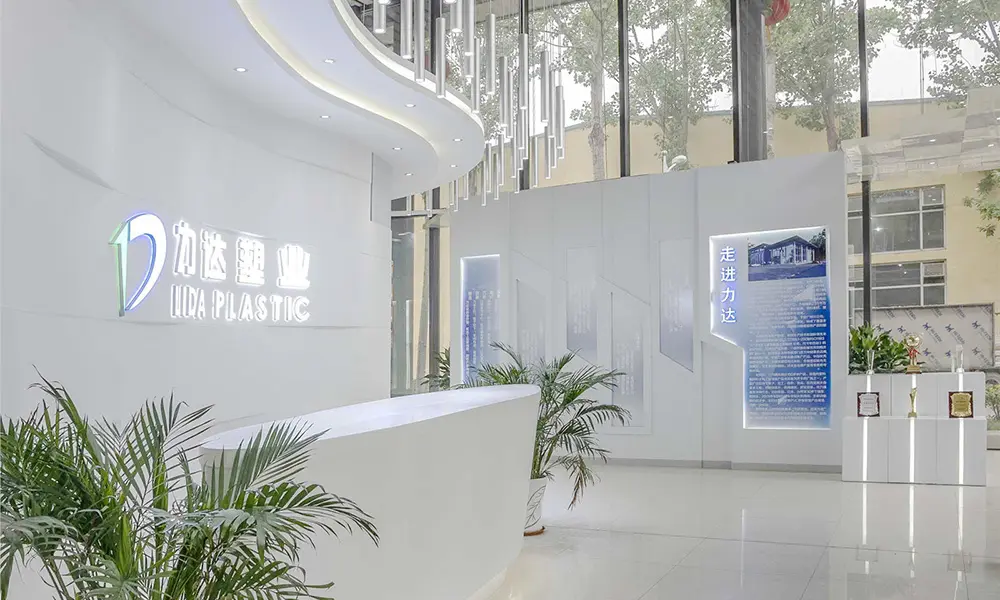Nov . 13, 2024 06:53 Back to list
hdpe pipe cost
Understanding the Cost of HDPE Pipe Factors and Considerations
High-Density Polyethylene (HDPE) pipes have gained popularity in various industries due to their durability, flexibility, and resistance to corrosion and environmental stress. While these pipes are often a preferred choice for water distribution, sewer systems, and gas pipelines, understanding their cost is crucial for budget-conscious individuals and companies. In this article, we will explore the factors influencing the cost of HDPE pipes, helping you make informed decisions.
Material and Production Costs
The primary component of HDPE pipes is polyethylene, a thermoplastic polymer derived from petroleum. The fluctuating prices of crude oil directly affect the raw material costs associated with HDPE. When oil prices rise, so do the costs of HDPE production, leading to increased prices for HDPE pipes. Additionally, the manufacturing process, which includes extrusion and molding, requires significant energy and technology, further contributing to production costs.
Pipe Specifications and Sizes
HDPE pipes come in various sizes, diameters, and pressure ratings, which can all impact the overall cost. Larger diameter pipes typically require more material and may incur higher transportation fees. Similarly, pipes designed for higher pressure applications often demand specialized manufacturing processes, which can add to the expense. When planning a project, it's essential to consider these specifications, as opting for a standard size can often yield cost savings.
hdpe pipe cost

Market Demand and Competition
The demand for HDPE pipes can vary based on industry trends and regional projects. Increased infrastructure development or government initiatives can drive up demand, affecting prices. In highly competitive markets, businesses may offer HDPE pipes at reduced rates to attract customers. Monitoring market trends and supplier competition can help consumers secure better pricing for their needs.
Installation and Maintenance Costs
While the initial purchase price of HDPE pipes is critical, installation and maintenance costs are also important considerations. HDPE pipes are generally easier to install due to their lightweight nature and flexibility. However, the complexity of the installation site can influence labor costs. Additionally, HDPE pipes are known for their low maintenance needs, potentially saving money over their lifespan.
Conclusion
In summary, the cost of HDPE pipes is influenced by a variety of factors, including raw material prices, pipe specifications, market demand, and associated installation costs. When planning a project, it is essential to consider not only the initial purchase price but also the long-term value and savings that HDPE pipes can provide. By conducting thorough research and comparing options, you can optimize your budget while ensuring the reliability and efficiency of your piping systems.
-
Durable PP Rigid Sheet: Lightweight, Chemical Resistant Solutions
NewsAug.21,2025
-
PVC Grey Sheet for Extraction: Chemical Resistant & Durable
NewsAug.19,2025
-
Durable PVC Pipe Fittings for Plumbing & Irrigation Needs
NewsAug.18,2025
-
HDPE Steel Belt Reinforced Spiral Corrugated Pipe | High Strength
NewsAug.17,2025
-
HDPE Pipe Fittings: Durable, Leak-Proof Solutions
NewsAug.16,2025
-
Premium CPVC Sheet: High-Temp & Chemical Resistant Solutions
NewsAug.15,2025

